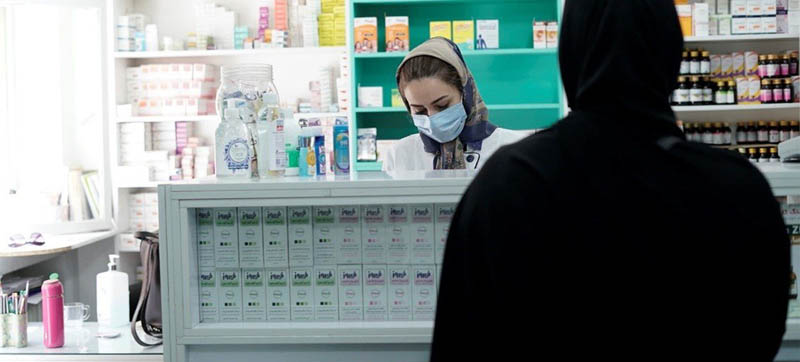 COVID19
COVID19
‘Three major threats’ to inoculating the world – UN health agency
New York: Amidst some positive news from the World Health Organization (WHO) that both COVID-19 deaths and new cases have recently been on the wane, there are “three major threats” to the UN-led international equitable vaccine initiative, COVAX, that require urgent attention.
Briefing UN Member States on Thursday, WHO chief Tedros Adhanom Ghebreyesus drew attention to a $27 billion financing gap in the ACT Accelerator, which supports the development and equitable distribution of coronavirus tests, treatments and vaccines globally.
“The longer this gap goes unmet, the harder it becomes to understand why, given this is a tiny fraction of the trillions of dollars that have been mobilized for stimulus packages in G20 countries”, he said.
Secondly, noting some bilateral deals, he called on all States “to respect COVAX contracts and not compete with them”.
And third, Tedros underscored the need for “an urgent scale-up in manufacturing to increase the volume of vaccines” with “innovative partnerships” to include tech transfer, licensing and “other mechanisms to address production bottlenecks”.
COVID swells in Africa
Meanwhile, as Africa marks one year since its first COVID-19 case, on 14 February, WHO revealed that last month, the continent had witnessed a 40 per cent surge in COVID fatalities – pushing the death toll there towards 100,000.
“The increasing deaths from COVID-19 we are seeing are tragic, but are also disturbing warning signs that health workers and health systems in Africa are dangerously overstretched”, WHO Regional Director for Africa Matshidiso Moeti said at a virtual press conference.
‘Grim milestone’
At the same time, in the last 28 days, over 22,300 deaths were reported on the continent – a 3.7 per cent fatality rise – compared with nearly 16,000 deaths in the previous 28 days, which reflected a 2.4 per cent increase, according to WHO.
This mortality spike comes as Africa’s second wave which began in October, seems to have peaked on 6 January, having spread significantly faster and proven far more lethal.
WHO maintained that second wave cases surged far beyond the peak experienced in the first wave and health facilities have become overwhelmed.
“This grim milestone must refocus everyone on stamping out the virus”, said Dr. Moeti.
New strain, new challenges
At the same time, new contagious COVID-19 strains are spreading rapidly as Africa gears up for its largest-ever vaccination drive.
The variant known as B1.351, which was first identified in South Africa, has now been detected in eight African States, while the mutation initially identified in the United Kingdom, called B1.1.7, has been found in six countries on the continent.
“This is obviously very disappointing news, but the situation is very dynamic”, said Dr. Moeti. “While a vaccine that protects against all forms of COVID-19 is our biggest hope, preventing severe cases which overwhelm hospitals is crucial”.
This week South Africa said it would pause the roll-out of the Oxford/AstraZeneca vaccine citing a study indicating that it is less effective in battling the country’s dominant B1.351 strain.
Coordinated approach needed
WHO says there is an “urgent need” for a coordinated approach to variant surveillance and more evaluation to help decipher the potential impact they may have on vaccine effectiveness.
“The pandemic is far from over, and vaccines are just one crucial tool in our fight against the virus. We must boost investments and support for our health workers and health systems by sticking to mask wearing, regular hand cleaning and safe social distancing”, said Dr Moeti.
Support Our Journalism
We cannot do without you.. your contribution supports unbiased journalism
IBNS is not driven by any ism- not wokeism, not racism, not skewed secularism, not hyper right-wing or left liberal ideals, nor by any hardline religious beliefs or hyper nationalism. We want to serve you good old objective news, as they are. We do not judge or preach. We let people decide for themselves. We only try to present factual and well-sourced news.







